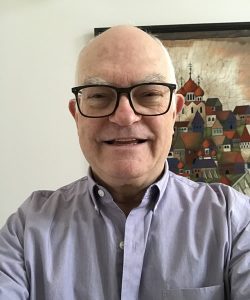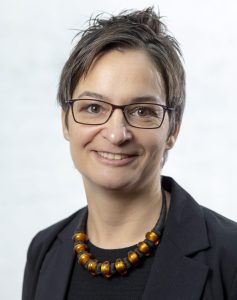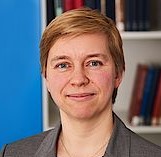Both Symptom and Cause: Four Problems in Eastern Orthodoxy Reflected in the Ukraine War

Jerry G. Pankhurst is professor emeritus of sociology and of Russian and Central Eurasian studies at Wittenberg University.
From its first phase starting in the Euromaidan protests and the “Revolution of Dignity” of 2014 to the present calamitous phase, the war in Ukraine has precipitated a deep review of the state of Eastern Orthodoxy among theologians and among secular scholars who understand the societal impact of religion as well as the personal influence of one’s own faith.
In one sense, the war in Ukraine is a symptom of problems endemic to Eastern Orthodoxy; in some measure, the war is only possible against the backdrop of these broader problems. On the other hand, given the free actions of Russian Patriarch Kirill and others in leadership in the Russian Orthodox Church, the war is also a cause of the current manifestation of these problems across the Orthodox world.


